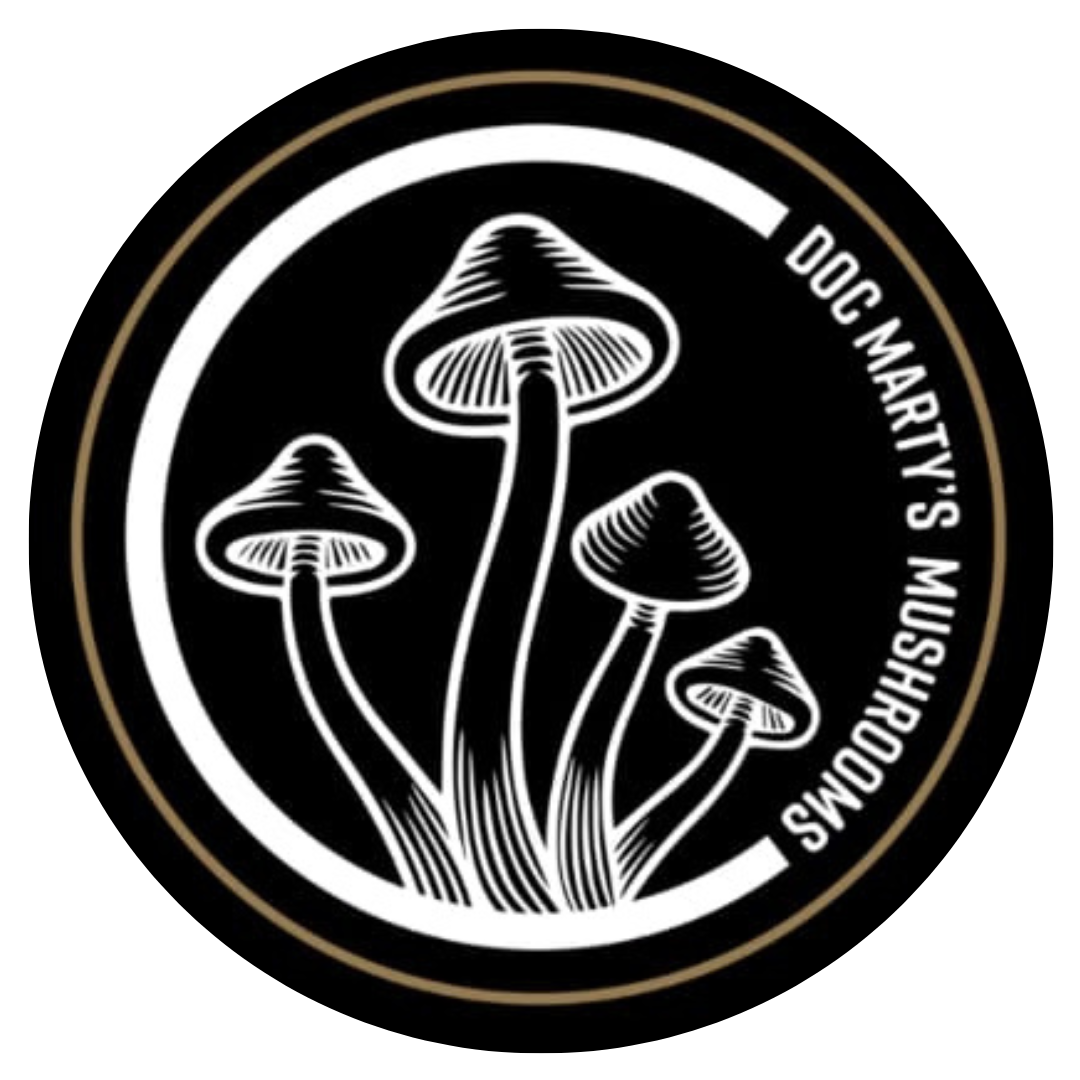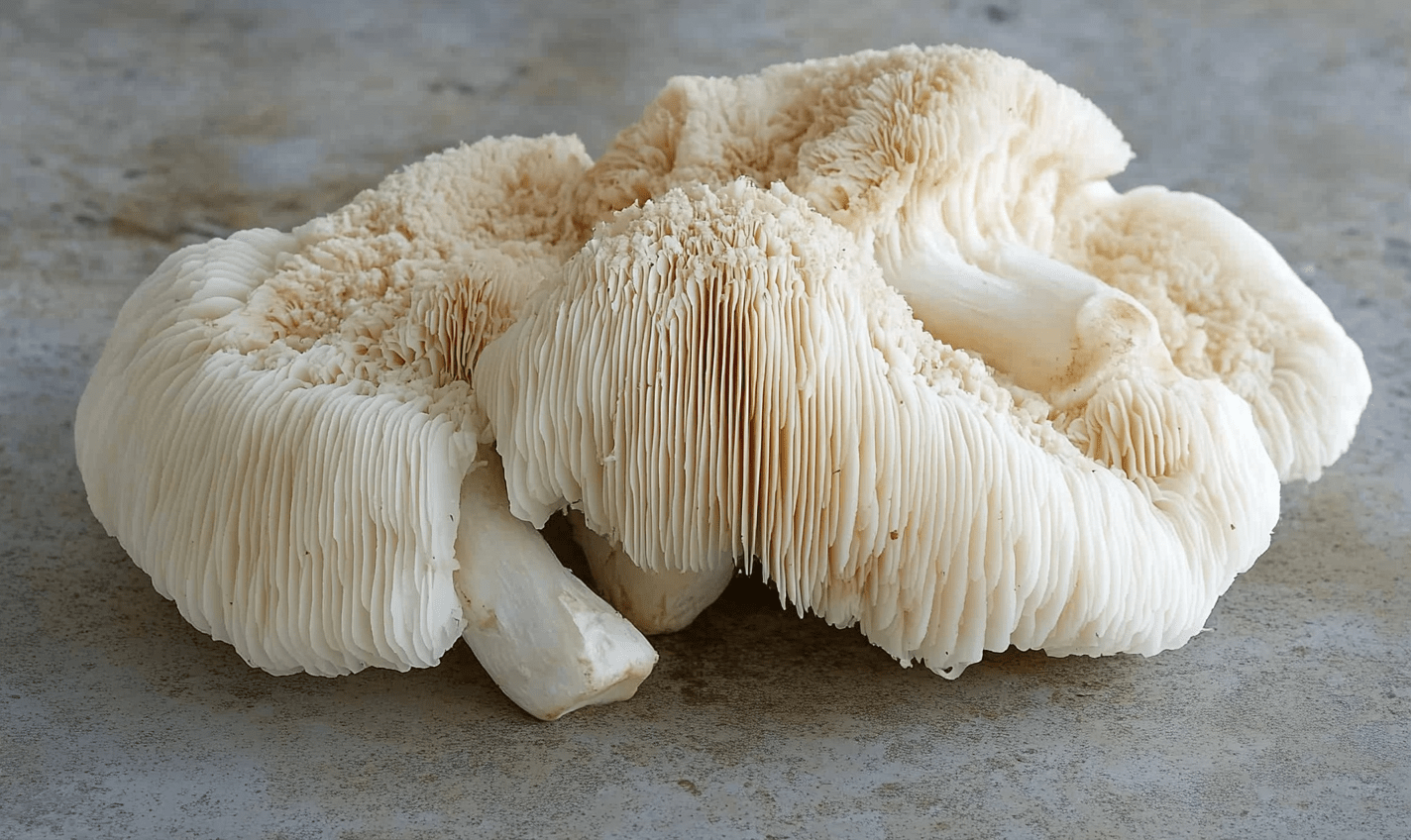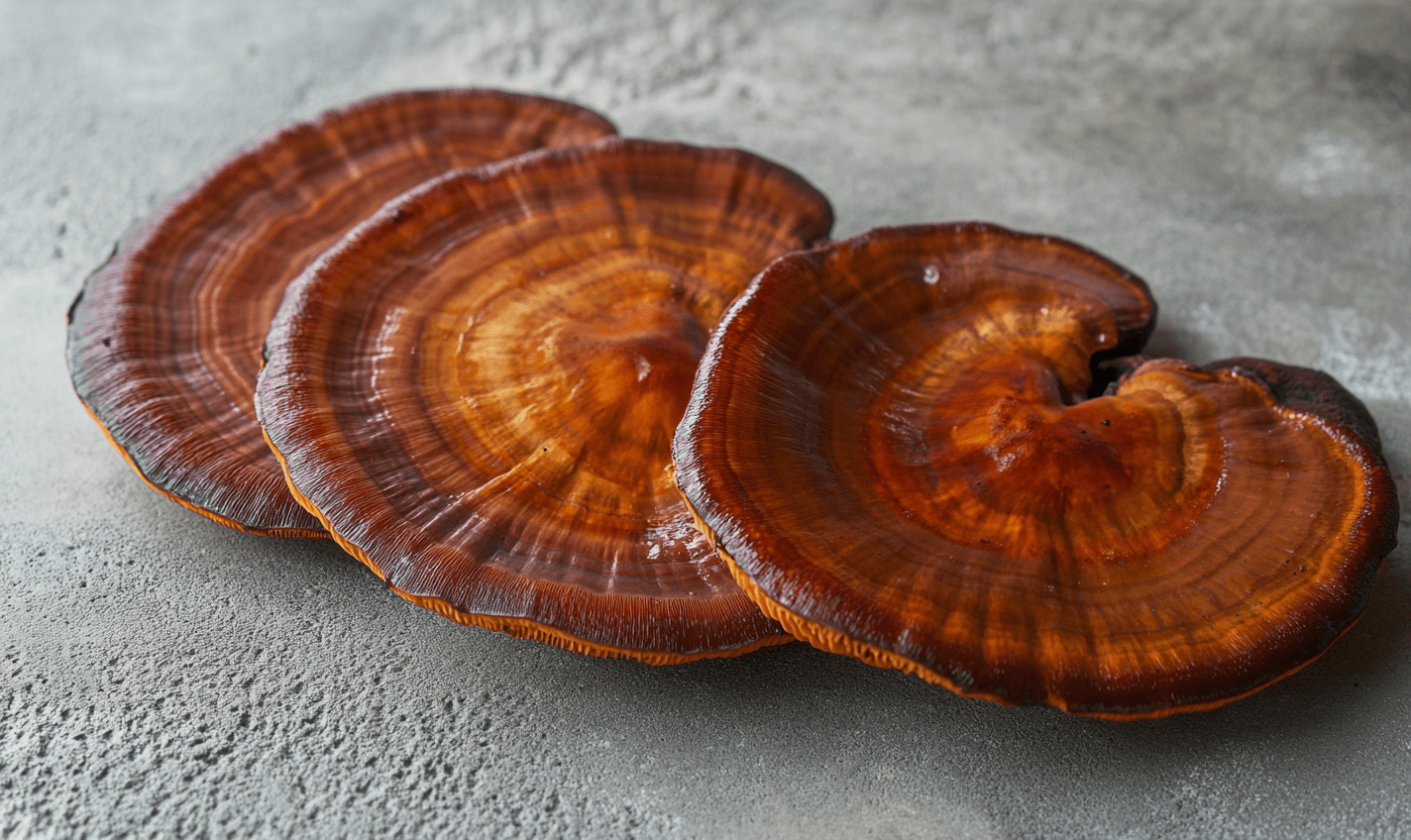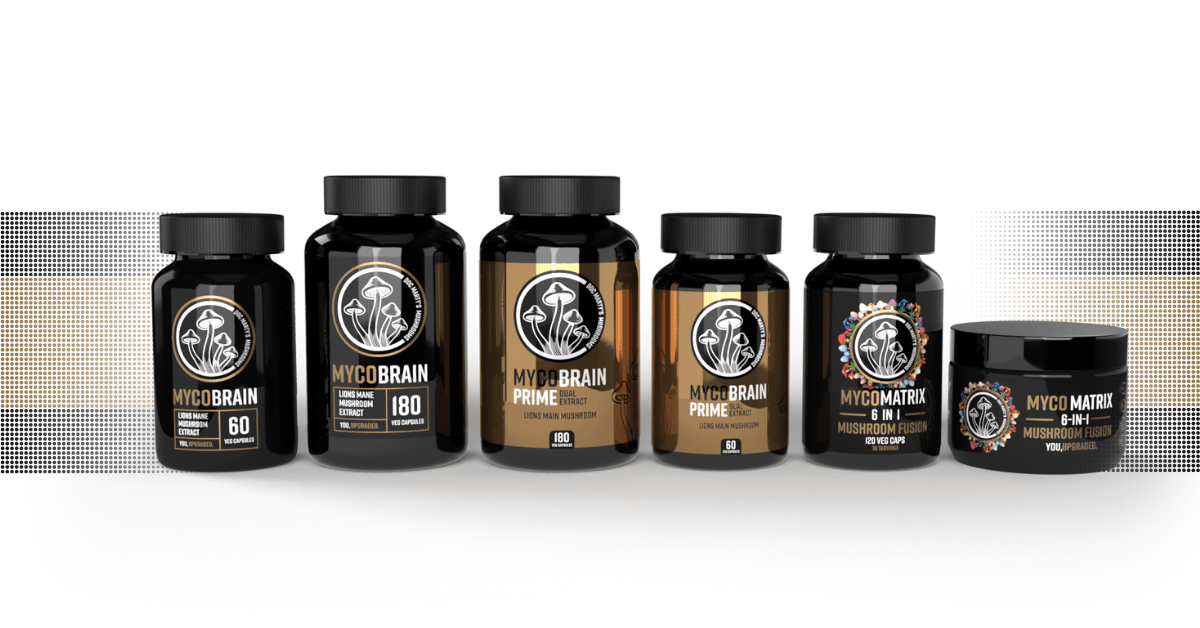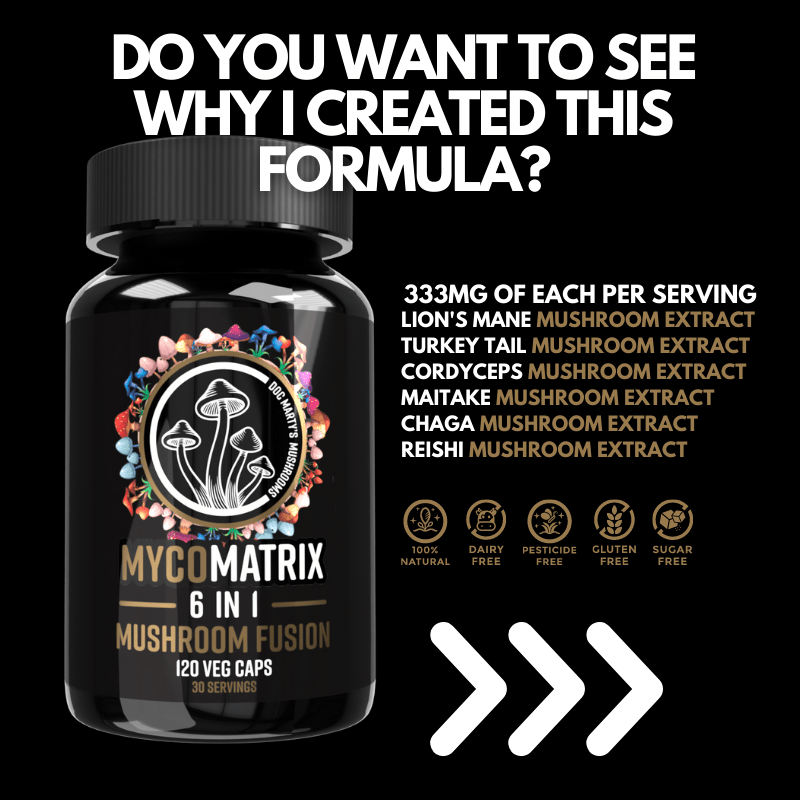Maitake Mushroom (Grifola frondosa): A Comprehensive Scientific Review Grifola frondosa, commonly known as Maitake or "hen-of-the-woods," is a polypore...
Lion’s Mane Mushroom (Hericium erinaceus) has been widely studied for its potential neuroprotective and cognitive-enhancing properties. This unique medicinal mushroom,...
Reishi mushroom (Ganoderma lucidum), also known as Lingzhi, has been revered in Traditional Chinese Medicine (TCM) for centuries due to...
Did you know that your brain's health is deeply connected to your gut? It's true - and it might be...
This month we’ve heard a lot about anxiety from many of you - it’s such a common challenge that many...
A Little Mushroom with Big Potential First off, let's talk about the Turkey Tail mushroom. No, it's not a part...
Medicinal mushrooms are a type of fungi that have been used for centuries in traditional medicine to treat a...
There is a fascinating study on Lion's mane mushroom (hericium erinaceus) and Turkey Tail mushroom (Trametes Versicolor or Coriolus Versicolor)...
